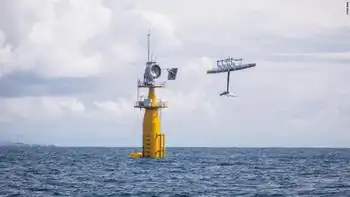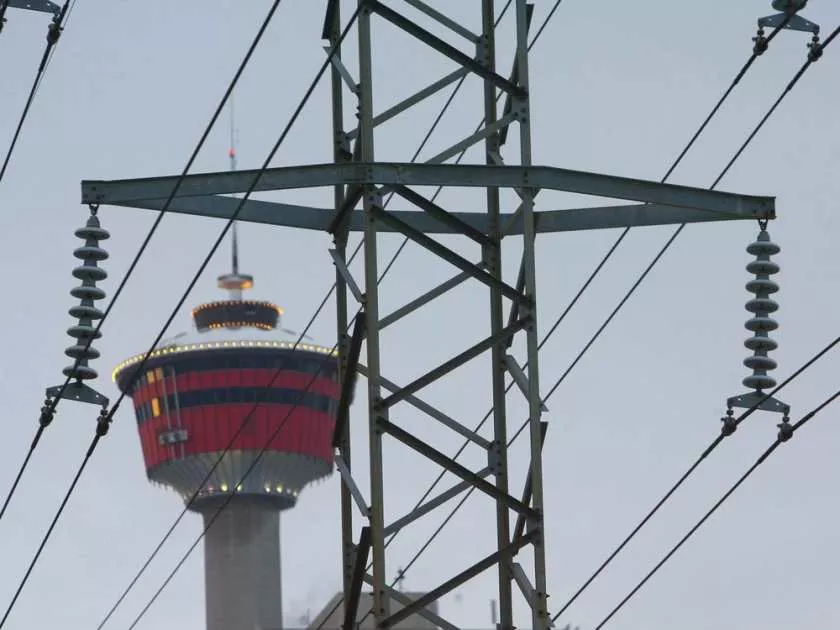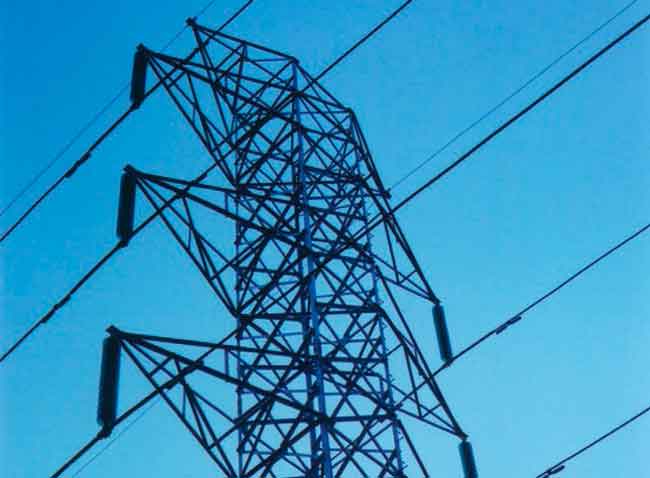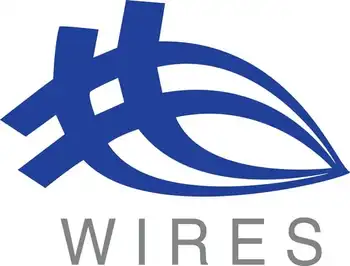SWEPCO pulls coal plant lawsuit
LITTLE ROCK, ARKANSAS - Southwestern Electric Power Co. says a law passed during this year's legislative session supports a ruling in its favor in a lawsuit challenging construction of a coal-fired power plant in southwest Arkansas.
Opponents of the plant say the law cannot be applied retroactively to a case that began before the law was passed.
Act 910 of 2011 states that the Arkansas Public Service Commission is the "exclusive forum with primary and final jurisdiction" for the resolution of "all matters concerning the location, financing, construction and operation of a major utility facility."
The law also states that a court in Arkansas does not have jurisdiction to hear any issue "that was or could have been determined in a proceeding... before the Arkansas Public Service Commission."
In a filing submitted to the Arkansas Supreme Court, SWEPCO said the Hempstead County Hunting Club's lawsuit seeking to stop construction of a $2-billion, 600-megawatt plant in Hempstead County contains state claims that were not exhausted before the Public Service Commission.
Act 910 "clarifies that administrative remedies before the Arkansas Public Service Commission must be exhausted before courts of this state may assert jurisdiction over matters that are within the primary jurisdiction of the APSC," SWEPCO said in the filing.
The hunting club claims that construction of the plant was not properly approved by the U.S. Army Corps of Engineers and that the plant would harm the local environment.
The club's lawsuit is pending in federal court, but the federal judge hearing the case has asked the state Supreme Court to answer three questions about state law, the first being whether state-law claims that were not heard by the PSC can proceed in federal court.
In light of Act 910, SWEPCO said it has asked the federal court to withdraw the questions and dismiss all state-law claims in the lawsuit.
Related News

This kite could harness more of the world's wind energy
SAN FRANCISCO - One company's self-flying energy kite may be the answer to increasing wind power around the world.
California-based Makani -- which is owned by Google's parent company, Alphabet -- is using power from the strongest winds found out in the middle of the ocean, typically in spots where it's a challenge to install traditional wind turbines. Makani hopes to create electricity to power communities across the world.
Despite a growing number of wind farms in the United States and the potential of this energy source, only 6% of the world's electricity comes from wind due to the the difficulty of…




